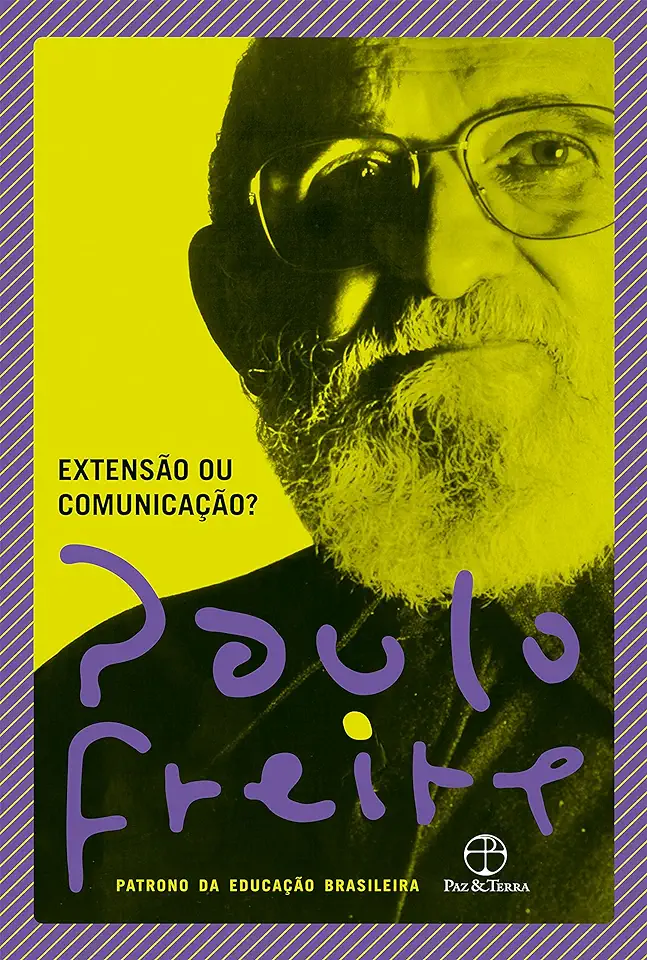
Extension or Communication? - Paulo Freire
Extension or Communication?
In his groundbreaking work, "Extension or Communication?", Paulo Freire challenges the traditional top-down approach to education and proposes a more democratic and participatory model. Freire argues that education should not be a process of simply transmitting knowledge from teacher to student, but rather a dialogue in which both parties are actively engaged in the learning process. He emphasizes the importance of critical thinking and problem-solving, and argues that education should be rooted in the real-world experiences of students.
Key Concepts
Freire's work is based on several key concepts, including:
- The banking concept of education: This traditional model of education views students as empty vessels to be filled with knowledge by the teacher. Freire argues that this approach is dehumanizing and does not allow students to develop their own critical thinking skills.
- Problem-posing education: Freire's alternative to the banking concept of education is problem-posing education, which emphasizes the importance of critical thinking and problem-solving. This approach encourages students to question the world around them and to develop their own solutions to problems.
- Dialogue: Freire believes that dialogue is essential for learning. He argues that learning is not a passive process, but rather a social activity that occurs through interaction with others. Dialogue allows students to share their experiences and ideas, and to learn from each other.
- Conscientization: Conscientization is the process of becoming aware of one's own reality and the social and political forces that shape it. Freire argues that conscientization is essential for liberation and social change.
Applications of Freire's Work
Freire's work has been applied in a variety of settings, including:
- Education: Freire's ideas have been used to develop new approaches to teaching and learning in schools and universities around the world.
- Community development: Freire's work has also been used to empower communities to identify and solve their own problems.
- Social change: Freire's ideas have been used to support social movements for justice and equality.
Why You Should Read This Book
"Extension or Communication?" is a must-read for anyone interested in education, social change, or human development. Freire's work is inspiring and thought-provoking, and it offers a powerful critique of traditional educational practices. His ideas have the potential to transform the way we think about learning and teaching, and to create a more just and equitable world.
Conclusion
"Extension or Communication?" is a classic work of educational theory that continues to be relevant today. Freire's ideas are essential for anyone who wants to understand the role of education in social change. This book is a must-read for anyone interested in creating a more just and equitable world.